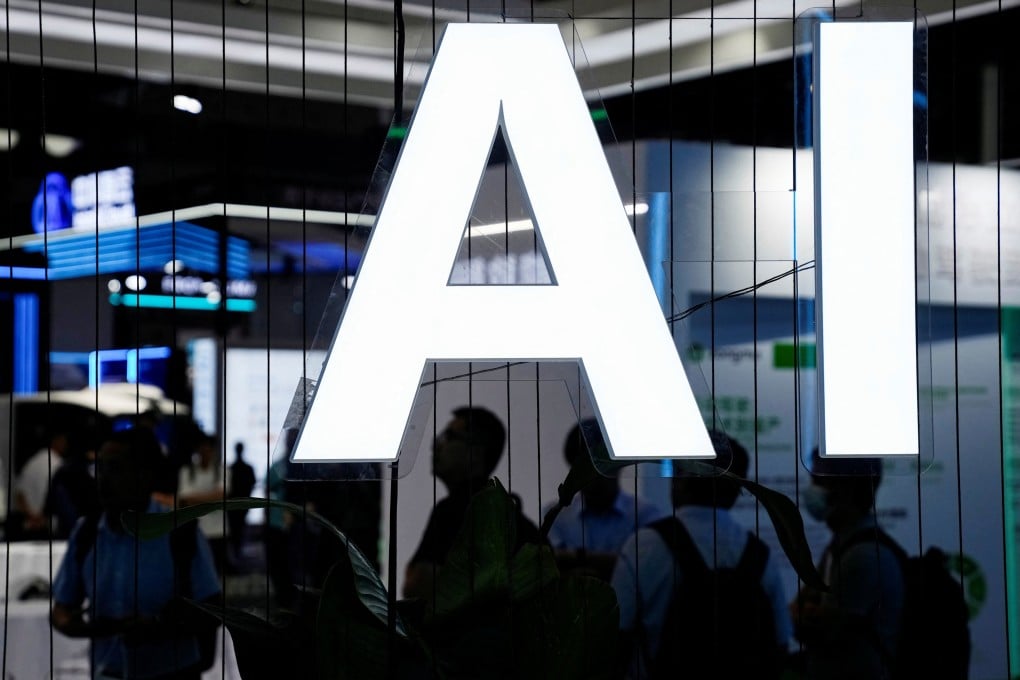China sets out new rules for generative AI, with Beijing emphasising healthy content and adherence to ‘socialist values’
- New rules cover all generative AI content services, including text, pictures, audio and video, provided to the Chinese public
- New regulations are supportive, with authorities pledging ‘to take effective measures to encourage innovative development of generative AI’

China issued the world’s earliest and most detailed regulations on generative artificial intelligence (AI) models on Thursday by highlighting healthy content and “core socialist values”, as Beijing seeks to control the roll-out of ChatGPT-style services.
According to provisional regulations published jointly by seven Chinese regulators led by the Cyberspace Administration of China, which will come into effect on August 15, all generative AI content services, including text, pictures, audio and video, provided to the Chinese public will be subject to the new rules.
Compared to an earlier draft published in April soliciting public feedback, the new regulations have a more supportive tone on the new technology, with authorities pledging “to take effective measures to encourage innovative development of generative AI”. Punitive terms in the draft such as “fines ranging from 10,000 to 100,000 yuan” for offences related to the technology have been deleted.
China has yet to allow any domestic firms to roll out ChatGPT -style services to the public, with Baidu’s Ernie Bot and Alibaba Group Holding’s Tongyi Qianwen either still in trial mode or for business-use only.
Meanwhile, OpenAI’s ChatGPT and Google’s Bard remain unavailable in China, with links to these foreign models quickly blocked. The new regulations, while designed to carefully control development of generative AI, will likely provide a clearer path for domestic developers to bring their products to the mass market.
Chinese regulators said they will take an “inclusive and prudent” attitude towards generative AI services and implement a “graded” regulatory approach. The other regulators involved in the draft rules include the National Development and Reform Commission, the Ministry of Education, the Ministry of Science and Technology, the Ministry of Industry and Information Technology, the Ministry of Public Security, and China’s broadcasting authority.